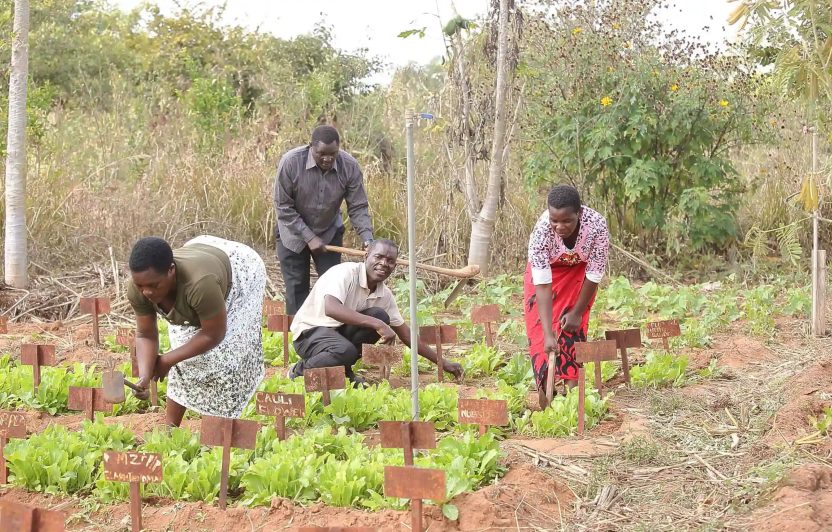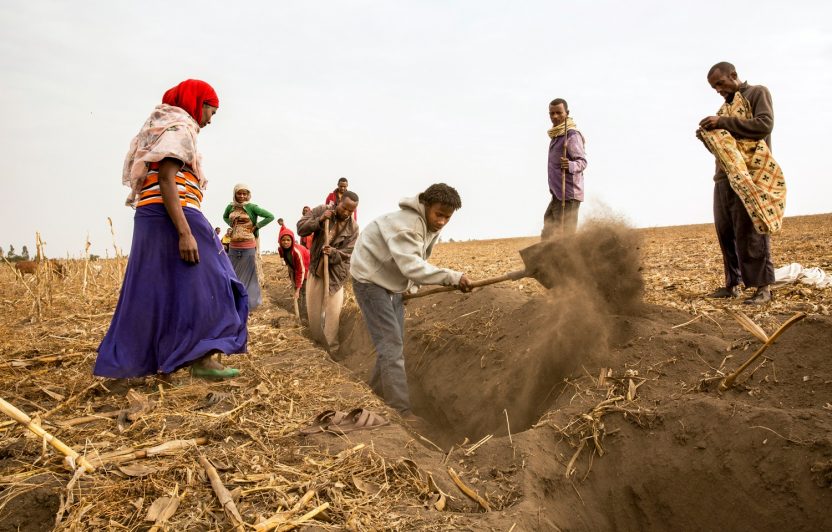When it comes to gender equality, it seems that Ethiopia is now in the fast lane. In October 2018, the country appointed its first ever female president Sahele-Work Zewde and since then, there has been equality in government as well: Women now occupy 10 of the 20 seats in the Ethiopian cabinet.
In rural Ethiopia, however, equality between women and men is still far from being a reality. However, impatience at this state of affairs would be misguided, particularly given the situation in Switzerland. In terms of gender equality between women and men, Switzerland remains the most conservative country in Europe, even though women are now better educated than men.
Switzerland has major inequalities, e.g. only 7% of those in senior company positions are women; to which must be added wage discrimination and the difficulty of reconciling work and family life. In parliament, where the country’s future is decided, women only account for about one-third of members. The situation is somewhat better in the Federal Council with its three women and four men, i.e. almost the parity achieved in Ethiopia. Things need to change for women in both the Global South and North. This change is now even more urgent, given the need to overcome challenges such as climate change, poverty, hunger and social tensions.




